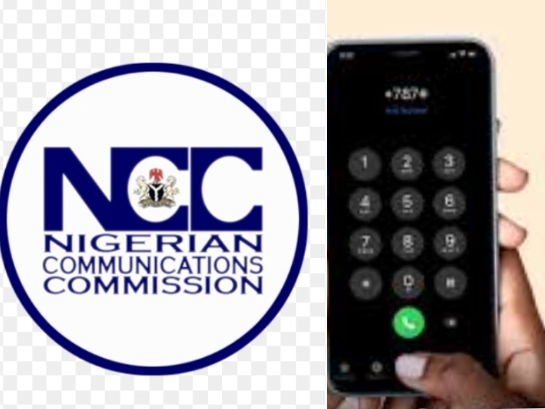UBA, Fidelity Bank and seven others face USSD disconnection over N200billion debt

Photo credit: Google
A huge crisis is about to hit Nigeria’s financial sector as nine major banks face the shocking threat of USSD service disconnection due to an alleged N200 billion debt owed to telecom operators. The directive, issued by the Nigerian Communications Commission (NCC), has set the stage for a high-stakes showdown that could disrupt millions of customers nationwide.
If you patronise the nine banks listed for disconnection by NCC, you might not be able to perform financial transactions using the USSD code.
READ ALSO: Landmark group partners with Enugu to revamp Nike Lake Resort…here’s all to know
10 things you need to know about late Adewunmi Oriyomi Onanuga, Nigeria’s Deputy Chief Whip
The affected banks include some of Nigeria’s most prominent financial institutions; they are:
Fidelity Bank Plc
United Bank for Africa Plc (UBA)
First City Monument Bank (FCMB)
Jaiz Bank
Polaris Bank Limited
Sterling Bank Limited
Unity Bank
Wema Bank
Zenith Bank Plc
These banks have been given an ultimatum till January 27, 2025, to clear their debts or risk being cut off from USSD services, a critical banking platform relied upon by millions of Nigerians.
What is USSD, and how did the debts pile up?
USSD means Unstructured Supplementary Service Data. This service allows customers to perform banking transactions via simple mobile codes. Over time, it has been a lifeline for financial inclusion, especially in rural areas.
NCC however noted that since the introduction of a ₦6.98 service charge per transaction in 2019, some banks have failed to remit payments to telecom operators as agreed, allowing debts to bloom over time.
Also, by the end of 2024, this debt had reached over N200 billion, despite partial payments from some banks. The NCC, in collaboration with the Central Bank of Nigeria (CBN), had issued repeated warnings, even mandating that banks clear 85% of their debts by December 31, 2024. Yet, nine banks fell woefully short.
What will happen to banks that refuse to pay?
Banks that fail to settle their debts by the deadline given will be disconnected from USSD services. This means that their customers will be unable to:
Check account balances
Transfer funds
Pay bills
Buy airtime
This means that for millions of Nigerians who depend on USSD for quick, reliable, and internet transactions, the impact could be devastating.
Furthermore, the potential disconnection highlights the fragile state of Nigeria’s financial ecosystem. Many rural Nigerians rely heavily on USSD for their banking needs, given the country’s poor internet status. Therefore, inaccessibility to USSD could force them to turn to more cumbersome and expensive alternatives or even abandon formal banking altogether.
Meanwhile, the Association of Licensed Telecommunications Operators of Nigeria (ALTON) has strongly supported the NCC’s directive, accusing banks of undermining the telecom sector by failing to fulfil their financial obligations.
ALTON argues that the debt has placed a significant strain on telecom operators, who have continued to provide USSD services despite mounting losses. The association insists that regulatory enforcement is long overdue.
What Can Customers Do?
As the deadline approaches, customers can avoid being caught in the crossfire by exploring other alternatives like mobile banking apps or creating accounts with other banks that have complied. They can also share their concerns on social media and demand accountability from their banks.
The USSD debt saga has sparked outrage, with many questioning how these banks allowed such a crucial service to reach the brink of collapse. Customers, industry stakeholders, and financial watchdogs are demanding greater transparency and accountability.
As the countdown continues, Nigerians are watching closely, hoping for a resolution that avoids mass disruption and restores trust in the financial system.
The question becomes: Will the affected banks pay up, or are we headed for a USSD blackout?

